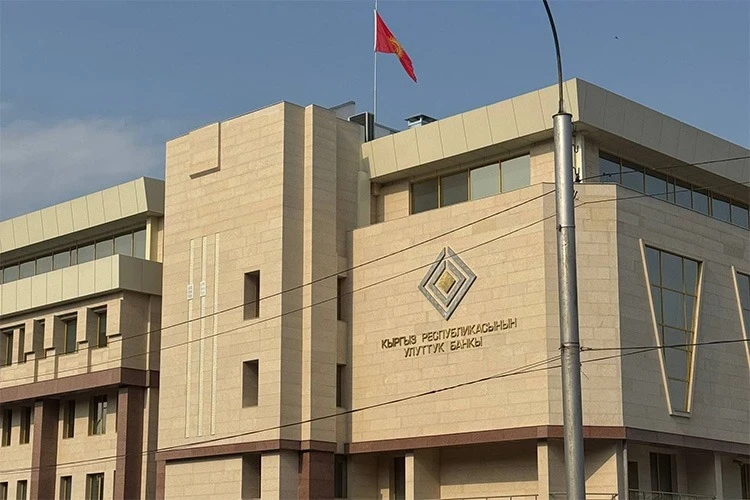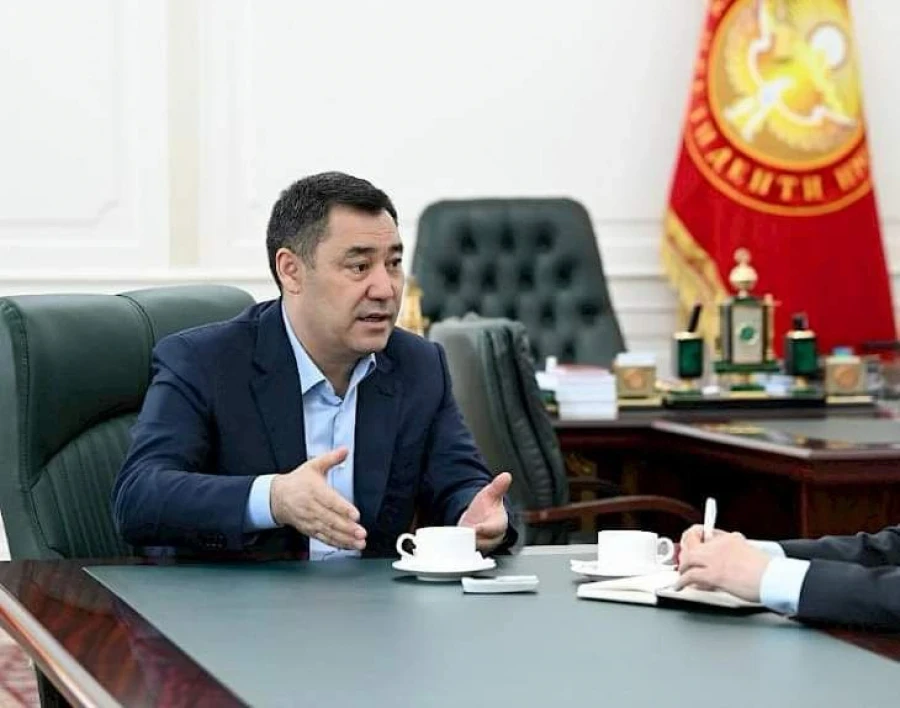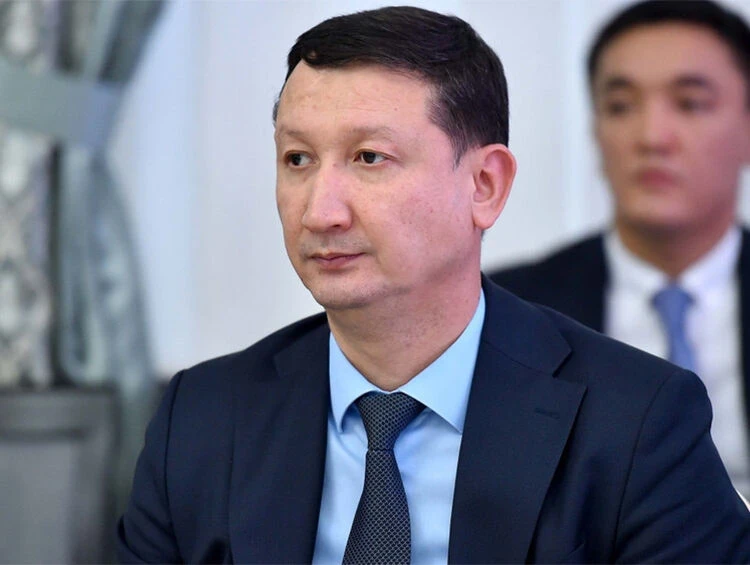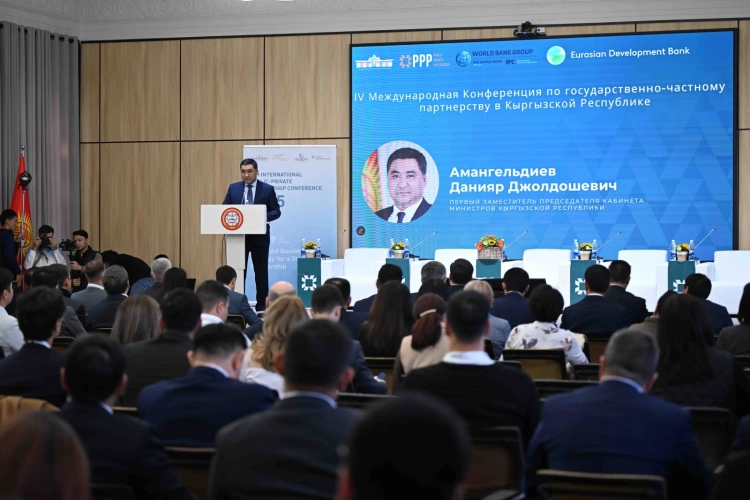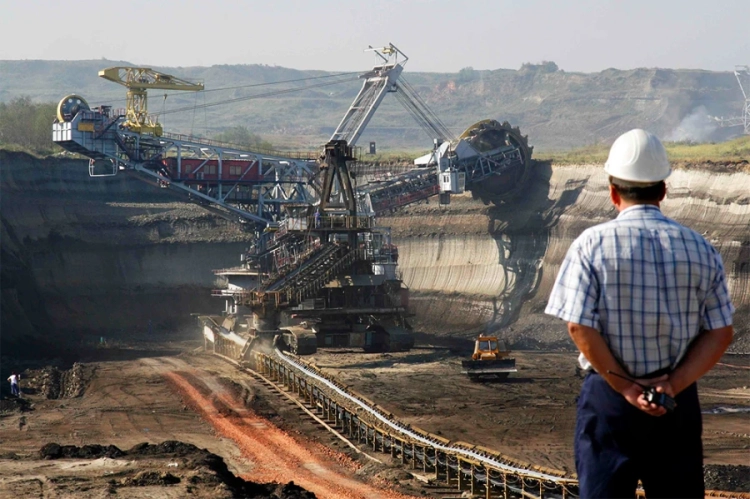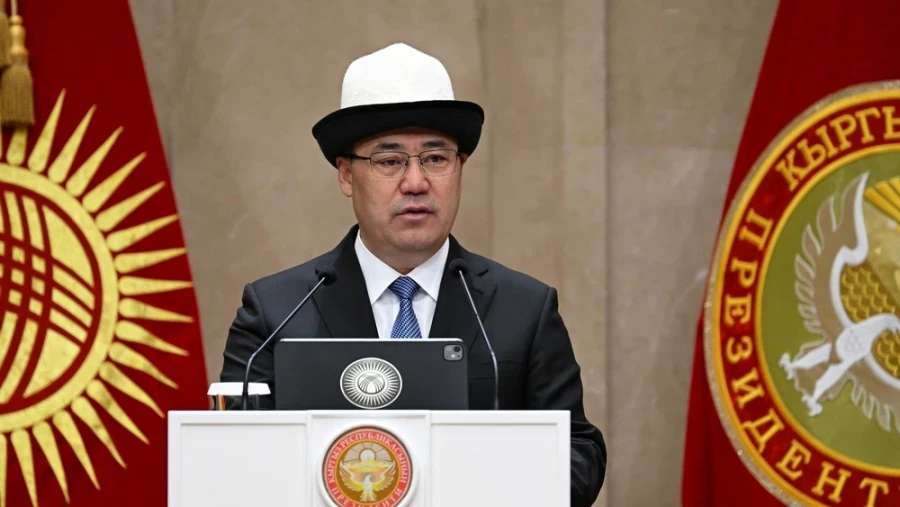
Over the past five years, $3.3 billion has been allocated for debt repayment.
President Sadyr Japarov commented on the external and internal debt that has accumulated over three decades. Below is his response:
“Fortunately, my presidential term coincided with a period when it is necessary to address debt repayment issues and other complex tasks.
In 2020, 31 billion soms were paid,
in 2021 — 30 billion soms,
in 2022 — 34 billion soms,
in 2023 — 53 billion soms,
in 2024 — 60 billion soms,
in 2025 — 79 billion soms.
Thus, from 2020 to 2025, a total of 285.4 billion soms (equivalent to $3.3 billion) will be allocated for the repayment of state debt, of which:
the external debt amounts to 170.5 billion soms ($1.9 billion),
the internal debt — 114.9 billion soms ($1.4 billion).
We plan to completely eliminate external debts by 2035, and this will be achievable without significant difficulties.
This optimistic forecast is possible due to high economic growth, which is expected to continue over the next 15-20 years.
Considering the implementation of large projects and the influx of new investments, the country's GDP will grow even faster.
The sustainability of state debt is determined by its ratio to GDP.
Currently, this indicator stands at 42%, whereas it previously reached 68-84%.
Therefore, there is no reason for concern.
All attracted funds are directed exclusively towards economic development, which will contribute to further GDP growth.
As for current borrowings, they are taken for specific targeted projects.
When the time for repayment comes, repayment will not be required from the budget, as each project will be able to pay for itself.
For example, the Kambar-Ata Hydroelectric Power Station.
The project is allocated $1.5 billion for a term of 50 years at zero interest.
The grace period is 10 years,
and construction will take 7-8 years, after which the station will immediately begin operating.
Revenues from its operation will allow the loan to be repaid not in 50, but in approximately 15 years.
Another example is the China-Kyrgyzstan-Uzbekistan railway project.
This project is not considered external debt, as it is implemented as a commercial enterprise:
the three countries jointly build the road, put it into operation, and after 35 years, two sides will exit the project, and the road will fully transfer to the ownership of Kyrgyzstan.
I would like to once again address the people with an important reminder.
If we imagine that all countries of the world form a single economic ocean, then China is a separate ocean in this context.
Right now, we are building a railway that will connect these two oceans.
This road will pass through the territory of Kyrgyzstan, and in the future, we will become a transit country capable of influencing global economic policy.
Therefore, we need to ignore provocations and complete this project as soon as possible.
It should be emphasized that almost 90% of large projects do not depend directly on the state budget.
Of course, there are loans taken for social initiatives and road construction, but they will not have a significant impact on the budget in the future.
Thus, I ask you not to pay attention to those who, manipulating the figures of external debt, try to incite panic and present the situation as catastrophic.
All funds are used for their intended purpose and directed towards targeted projects.
The main thing is that in the future this will not affect the state budget,” the president emphasized.
Photo www

